Grief, trauma, and Rebirth
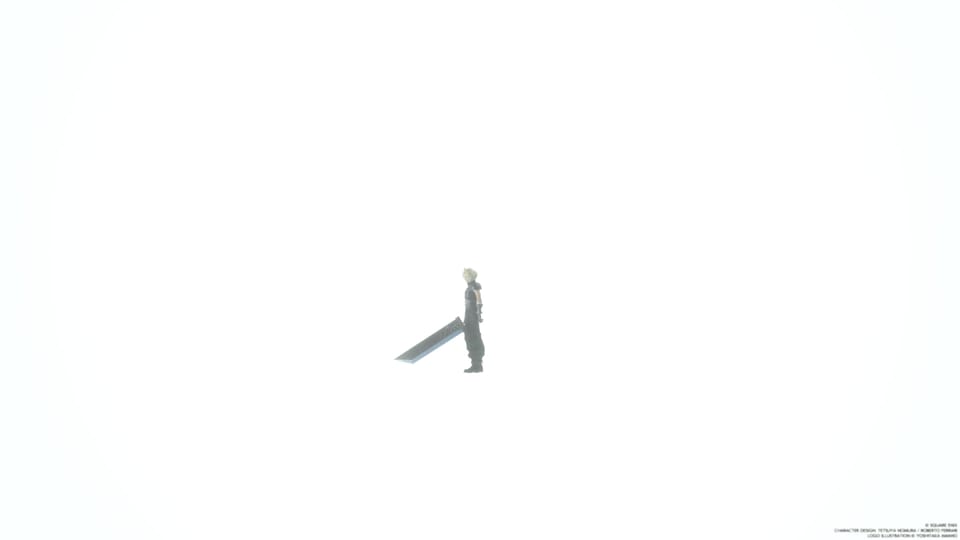
Does Aerith die at the end of Final Fantasy VII Rebirth? The answer to that's not easy—and that's the point. Grief is confusing.
We're living in the age of the remake. From Wii U ports on Nintendo Switch to Live A Live finally coming to North America, Demon's Souls looking better than ever on PlayStation 5, and Suikoden making a triumphant return later this year, fans are rediscovering their favourite games at a notable rate. Chief among those has been Square Enix's long-awaited remake of its 1997 classic, Final Fantasy VII.
The most ambitious remakes, however, don't seek to create carbon copies of the original experience in a modern environment. Instead, they find success in emulating the emotions we had playing those games in the first place. Like Final Fantasy VII Remake before it, 2024's Final Fantasy VII Rebirth—the second in Square Enix's remake trilogy—hangs onto weaponized nostalgia to sell players a story that pulls deeply on our memories of playing the original Final Fantasy VII in the late-90s. It understands all the feelings we had racing through adolescent veins in 1997, and, deftly, unravels and examines them while we watch on, enraptured by games that looks and play nothing like the PlayStation original, but feel right.
When it comes to emotions in Final Fantasy VII, and recapturing the magic of the original in 1997, nothing comes close to that scene, the one everyone playing the remake trilogy has been waiting for.
The one that changed video game history.
Spoiler Warning! From now until the end of this piece, I'll be discussing full spoilers for Final Fantasy VII, Final Fantasy VII Remake, and Final Fantasy VII Rebirth
Final Fantasy VII Rebirth wraps up with the original game's most dramatic moment: Cloud and co. finally catch up to the real Sephiroth in the Forgotten Capital, where he seeks the Black Materia in hopes of using to summon a capital-M Meteor to destroy the world—taking humanity's corruption along with it and allowing Sephiroth to absorb the Lifestream's magic and remake reality to his preference. As the last Cetra (an ancient group of people with deep magic connected to the planet's Lifestream), Aerith is the only person who can use the White Materia to summon a capital-H Holy spell to protect the planet. In one of gaming's most iconic twists, Sephiroth kills Aerith, paving the way for his victory and breaking the hearts of millions of teenaged gamers in the late '90s.
Fans were on the edge of their seats to see how Rebirth would handle this fateful encounter—even the New York Times got in on the fun—and whether a remake series seemingly obsessed with rewriting the past would reverse course and do what everyone wished they could've done in 1997: Save Aerith.
What we got, however, leaned into the game's oeuvre of multiple timelines/worlds, and fans, along with Cloud, saw Aerith both killed and saved. Without a clear dump of expository answers, many players found this ending ambiguous and frustrating. Did Aerith die? Or did she live?
Which version of events is real?
But, that's exactly the question Final Fantasy VII's been asking since 1997.
It's easy to look at Rebirth's ending and see a vast multiverse foundation, meant to justify all the spinoffs and changes made between the original and the remakes. There are even multiple remakes of Final Fantasy VII. Multiverses are hot right now. But, in reality, the ephemerality of Rebirth's "other worlds" are meant to symbolize exactly the opposite: perception is not reality. Reality is reality, and despite the Lifestream's ability to create new worlds where might-have-beens can play out, the game shows us over and over again that the planet always has a knack for getting back on course.
In this way, Rebirth is an exploration of trauma and avoidance, of Cloud's emotional naivety and inability to accept and deal with the deaths of his mother, best friend (another SOLDIER named Zack Fair, who plays a substantial role in Rebirth) and, now, Aerith. Instead, he creates a new world in his mind, hiding these truths away, so he doesn't have to emotionally process the grief he's hidden away by reshaping himself into a hardened, ice-in-his-veins SOLDIER.
Cloud's surprisingly fierce love is matched only by his fierce loyalty to his family and friends. He's a mercenary by trade, and does everything he can to convince those around him that he's unflappable and tough as shit, but, in his heart, he's tightly connected to those he loves, and will do anything he can to protect them—possibly even destroy a world that exists only in his broken psyche.
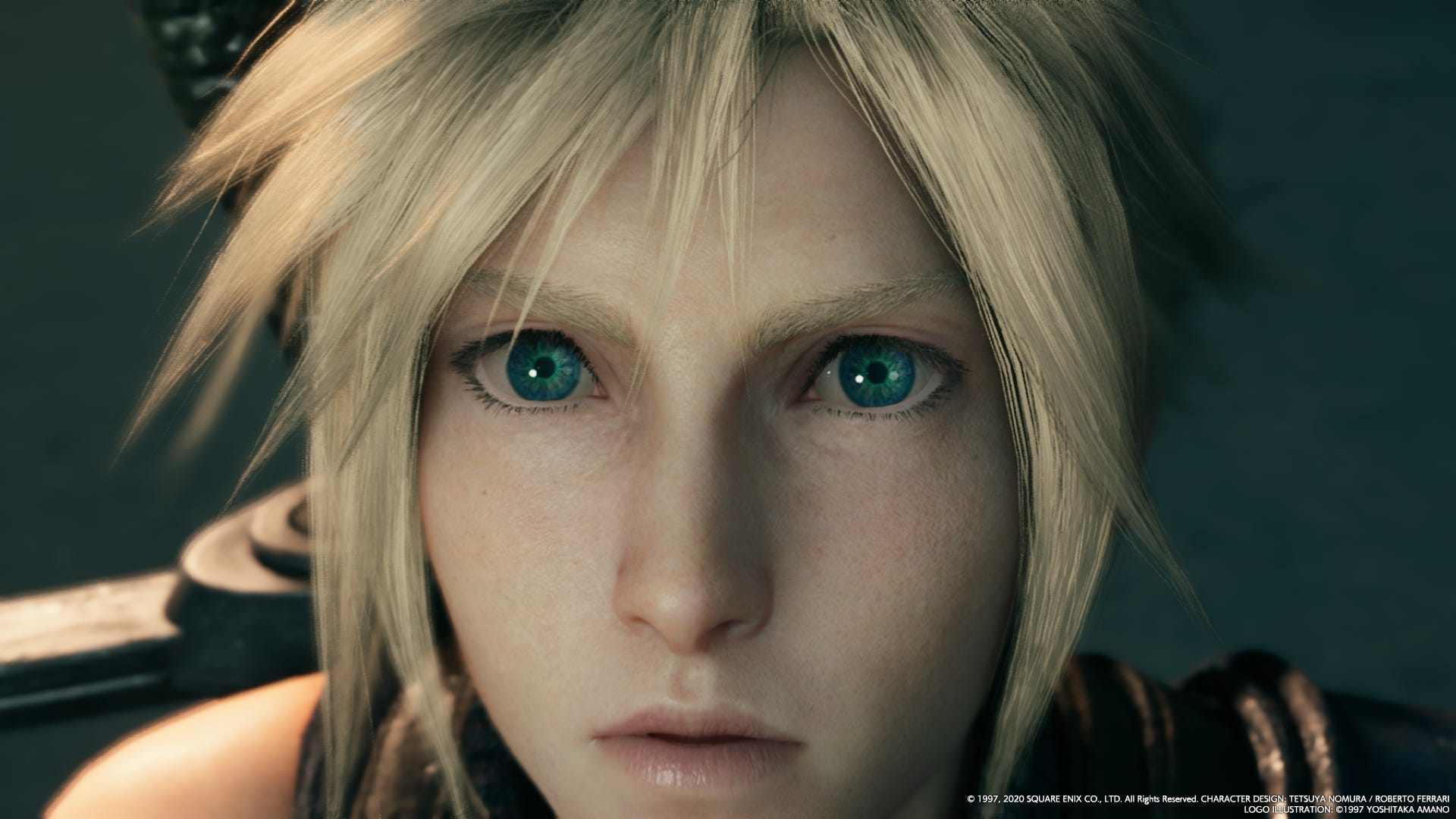
A Twitter account called Shinra Archaeology Department paraphrased this comment from Final Fantasy VII Rebirth director Tetsuya Nomura: "When you actually lose someone you cherish in the real world, you aren't able to accept it right away. FFVII Rebirth strives to depict that inability to accept the loss of someone precious to you. Cloud's psychic interference reflects this state of mind."
Final Fantasy VII has always been a story about processing trauma—a world's trauma at being exploited for capitalistic gains, Sephiroth's trauma of discovering his parentage, Cloud's trauma of *takes deep breath* childhood insecurity, social isolation, his mother's death, his village being razed to the ground, his idol's heel turn, his best friend's effortless success and death, being subjected to genetic experiments, and, well, there's a lot there.
Aerith's death is the plot twist that's persevered and become a milestone storytelling moment in gaming history, in large part because a whole generation of horny teens fell in love with her in 1997, but killing off the a major character for a shocking emotional response is easy beans as far as twists go. Chrono Trigger killed of its main character just a couple of years earlier, and Final Fantasy IV, V, and VI all featured significant character deaths. By the time VII rolled around, character death was baked into the series.
Aerith's death is catalyzes VII's other less famous but far more ambitious twist: Cloud as an unreliable narrator. As Nomura alludes to above, at the start of VII, Cloud has not processed the major traumas in his life. Instead of addressing these, he creates a new facade, an idealized version of himself based on his Zack's personality and successes. This "works," for a time. However, with Aerith's death, Cloud's ability to hold back his trauma shatters in the wake of once again failing to save a loved one from death.

This is the point where Rebirth ends, so we don't know where things go next for Cloud, but there are hints, and I think the interpretation of those hints is driving a lot of the divisive reactions to the ending. In the original game, we see Cloud struggle with his identity as he's revealed to have been a fraud, a puppet for the mad genetic scientist Hojo. He cannot hold the illusion any longer, and he suffers a mental breakdown. (Well, first he goes snowboarding at the Icicle Inn, but that's a mere detour. Whom among us hasn't grieved by shredding the slopes?) Rebirth seems to be placing him on a different, more sinister path.
(This is the part where I use a parenthetical non-sequitur to reveal my theory that Zack Fair will replace Cloud in the player's party for a significant portion of the final remake title. Please bookmark this paragraph for retrieval in 2027ish.)
In the aftermath of Rebirth's fight against Sephiroth–in which the SOLDIER-turned-demigod flees, tail between his legs–Tifa and Yuffie express mournful sadness, Cid, echoing the player, asks, "What exactly did Aerith do?" and Barret, being Barret, expresses a conviction to carry on their mission as a means of respecting those lost and sacrificed along the way. He's seen so many loved ones die along the way, and, unlike Cloud, he uses that grief to fuel his convictions. Aerith's absence is notable, and the grief among her friends is understated but pervasive. No crocodile tears or temper tantrums. No fiery speeches. Just tears on cheeks, slumped shoulders, and silence. This is a group clearly coming to grips with the loss of their friend.
Cloud, on the other hand, is cool and collected. Business-like in the manner he's crafted under his false persona as a hardened SOLDIER. It's a significant and noticeable juxtaposition compared to his friends, and sets in motion a series of events that lays the ground work for the remake trilogy's overarching themes–and how its concluding act will veer away from the original through some key differences in Cloud's response to his clash with Sephiroth and Aerith's death.
During the remade version of that fated scene that changed gaming storytelling, the game flashes between two realities: one that mirrors the original, with Aerith killed by Sephiroth as she prays for Holy, and one where Cloud parries the strike and averts fates. The player is never given explicit answer to which set of actions occurred in the canon "world," but the resounding grief afterwards makes it clear.
Aerith is gone.
Only, she's also not.
As the others attempt to move on, carrying their sadness with them without forgetting their overall purpose, Cloud remains surprisingly stoic and unaffected. It's then that we see Aerith, seemingly alive and well, right there with the party. As the camera pans and does some movie magic, however, it's shortly revealed that Aerith is visible only to Cloud.
spoilers for ff7 rebirth but the entire conversation here is exactly my theory for what’s happening in the final fantasy 7 remake trilogy. what aerith says later backs this up.
— Gene Park (@GenePark) April 13, 2024
https://t.co/o3wKekqNjA
Through the game's split timeline theory—that the alternate timelines we see throughout the game are people's dreams, memories, and desires briefly manifested by the Lifestream—Cloud saw Aerith both killed and saved. The rest of his friends, unaffected by Hojo's genetic experiments, and lifelong grief avoidance, live in the canon world where Aerith was killed by Sephiroth, staying true to the original game's events. Cloud, however, has one foot in that world, and another in a world created by the Lifestream based on his obsessive delusions. He cannot perceive a world where he's once again too weak to save someone he loves. So, he manifests a new world.
But, perception is not reality.
There's some hint that, perhaps, Aerith is more than a figment of Cloud's trauma as Red XIII appears to notice a whisper of her presence—suggesting the real Aerith is extant in the Lifestream in some manner due to her Cetra ancestry. Extrapolating from there, one can figure the scenes were she promises to continue her part of the fight, summoning Holy, while Cloud takes down Sephiroth, are not a delusion.
At this point, all the following seem to be true at once: 1) Aerith was killed by Sephiroth, 2) Aerith exists within the Lifestream and has some ability to manifest the power of the White Materia (that, perhaps, needs to be refilled by Cloud restoring his true memories?), and 3) Aerith is a delusion created by Cloud as a defence mechanism against a lifetime's accumulation of loss, grief, and trauma. The remaining the narrative beats hammer home Cloud's continued desire to avoid acceptance of his grief, to instead hang his entire psyche of being able to undo the past if he just tries hard enough.

Like Cloud, we all want to avoid reliving trauma. We're wired to avoid the things that bring us harm and discomfort. In a Siliconera piece decrying the ending, Cody Perez wrote, "I’ll be upfront. I wanted Aerith to live in this incarnation and maybe even have another character take her place for a twist." We all wanted Aerith to live, and rumours abounded in 1997 about ways to revive her, but the story ultimately wouldn't have worked if fate was reversible.
This isn't to pick on Perez specifically, because he eloquently explains the emotions a lot of fans are feeling in the wake of Rebirth's divisive ending. We all want someone to come in and, with the flick of a deus ex machina, reverse the trauma we've experienced. To fix us. Only, trauma can't be fixed so easily. Resolving trauma involves a lot of effort, acceptance, and personal growth. It's an exercise of small victories and gradual emergence. It's not about changing the past, but about confronting the past, and building up the resiliency to understand that we're stronger than our worst fears.
I once saw grief described as all the love we never had the chance to share with someone. And, in this way, by burying and refusing to feel grief, Cloud also misses out on being able to feel that love.
Rebirth reversing Aerith's fate wouldn't fix us. Just like it wouldn't fix Cloud. If Aerith lives, Cloud's never pushed to confront and overcome his trauma. Without overcoming his trauma, he can't gain the strength to defeat Sephiroth. We don't need to reject the sadness we felt when Aerith died in the original game. It's not something that needs to be remade. Sadness and grief are part of life. They're an important, powerful part of being human. You can't fix grief. If Aerith lives, all that sadness pouring over us in the phosphor glow of our CRT TVs in the late 90s doesn't cease to exist. It becomes splintered into an irreconcilable reality wherein Aerith is both alive and dead.

And that, just like badass merc Cloud, is a house of cards built on a trembling foundation of avoidance. The difference between Cloud and Sephiroth, after all, is that Cloud eventually learns to confront his trauma, while Sephiroth can only run from his. Where Rebirth takes a sudden turn, however, is in the final moments, when it's revealed Cloud, to his surprise, is still in possession of the Black Materia, which Sephiroth planned to use to summon Meteor and somehow converge the splintered "timelines." Instead of speaking up, Cloud, with Sephiroth's grand plan looming over him, installs the materia in his iconic Buster sword—suggesting, perhaps, that Cloud has his own desire to use Sephiroth's plan to his own ends. Notably and presumably: reviving Aerith.
Reversing fate.
Perhaps this comes from the part of Cloud buried deep beneath the grief who understands that even though she's standing right there, Aerith is gone and the only way to get her back is to merge the timelines. This is hardly a therapist's recommended method for processing grief, but it's also an eerie parallel to another ending scene from just a few minutes earlier where Zack Fair, having been pulled across dimensions to fight Sephiroth, vows to unite the worlds to revive his sick and dying friends. There are two key differences here, however: a) In Zack's timeline, Aerith and Cloud are still alive, so there's hope of healing them, and b) Zack's intentions are to help others, not stunt his own emotions, by always moving forward, looking to the future, rather than being pinned to the past.
Later in the Siliconera piece, Perez said, "The fact I walked away from the game having to assume she is dead, at least in the main timeline, is problematic. I would’ve preferred the story just stuck to her living or dying and not making it such a Schrödinger’s Cat situation." But Rebirth, and Remake before it, are specifically about this dichotomy. It's about how the Lifestream springs up new worlds based on people's dreams and desires, and about how messy things get when we can't accept the past instead of looking to brighter days in the future.

Fight, Magic, Items: The History of Final Fantasy, Dragon Quest, and the Rise of Japanese RPGs in the West
“Aidan Moher has literally written the book on Japanese role-playing games.” – ComicBook.com
Whatever the third game in the remake trilogy is called (Rephiroth, please, if you're listening Square Enix), my expectation is that it will focus heavily on the split quests of Cloud and Zack as they push against Sephiroth while simultaneously attempting to unite all the fractured timelines. Their purpose is the same, but their methods and reasons differ vastly. Final Fantasy VII is a game about grief and trauma. They're heavily woven into the game's plot, subplots, conflicts, and themes. As we've watched Cloud's attempt to reinvent himself crumble, the seams bursting with his unsustainable delusions, his grief surfacing with greater and greater violence, we've seen his best friend, Zack, deal with his own traumas the only way he knows how: bringing people together.
The last game in the trilogy will not be about rewinding time, but reconciling shattered realities and restoring what was broken.
Rebuilding.
Support
There are lots of ways to support Astrolabe and my other work. Check ‘em out!
Keep In Touch
Enjoy Astrolabe? Want more SFF and retro gaming goodies? You can find me on Twitter and my website.
Credits
Astrolabe banner photo by Shot by Cerqueira on Unsplash

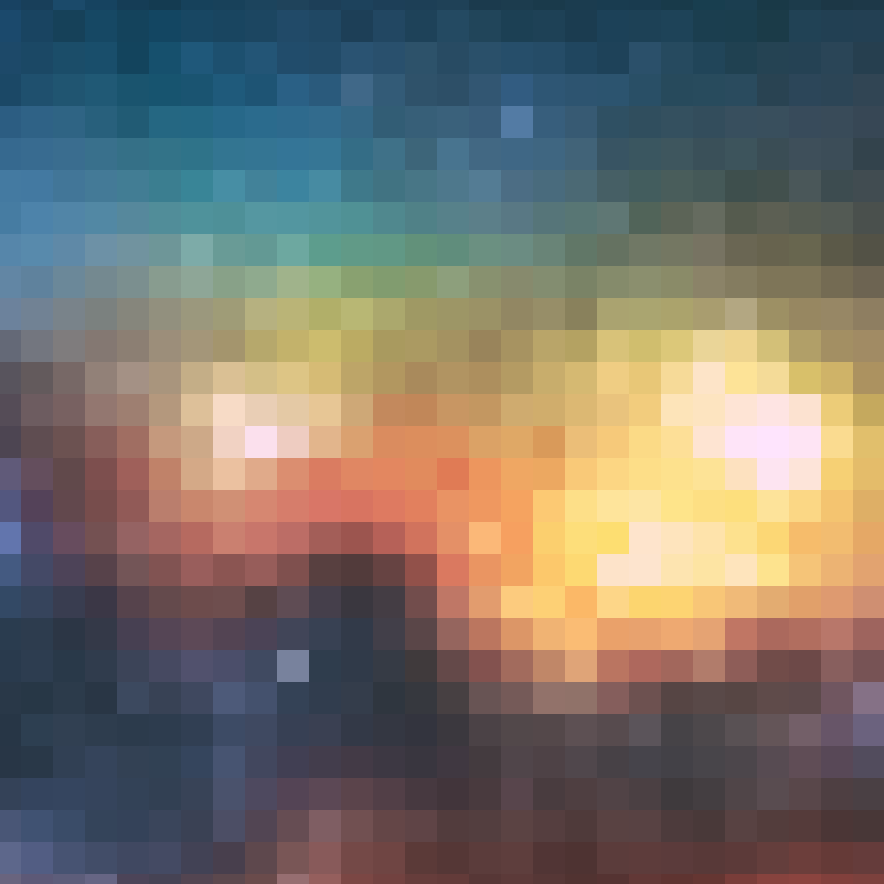
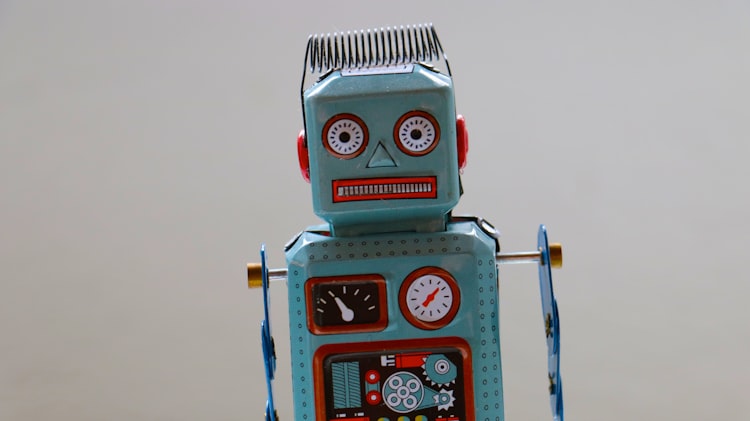
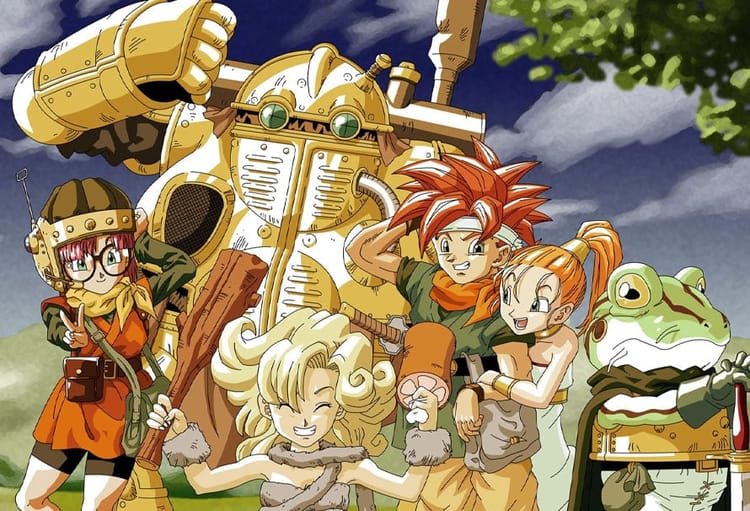
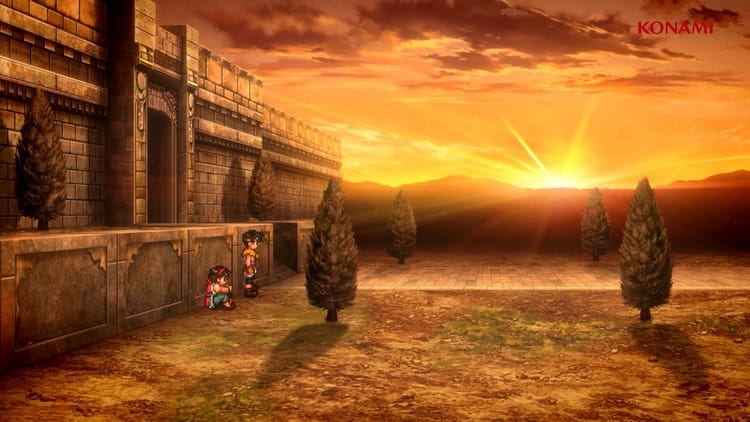

Member discussion